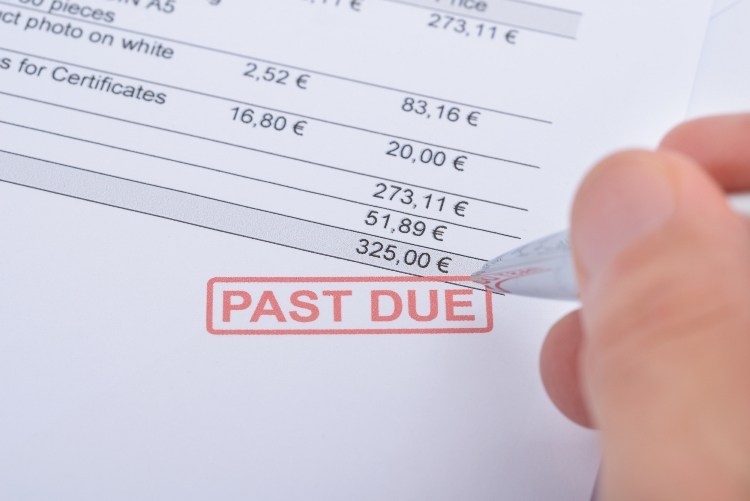At the start of 2021, the government announced positive changes to the Prompt Payment Code, explicitly surrounding the rules and guidance around late payments.
One of the most significant changes implemented is halving the payment period from 60 days to 30 (for small businesses).
This change is set to help protect jobs and support future growth as businesses, especially in the forthcoming years, look to recover from the Coronavirus Pandemic.
These changes are also being brought into effect to help crack down on the volume of delayed invoices left outstanding and the number of overdue invoices small businesses are now tackling.
However, we must stress that these changes in guidelines only affect those businesses who have signed up to the Prompt Payment Code (currently, this accounts for approximately 3,000 businesses).
UK’s payment culture
Unfortunately, throughout the UK, late payment is a big problem for hundreds, if not thousands of businesses every year, with most companies reporting that payments go far beyond the 60 days.
In fact, it’s estimated that late payments owed to businesses throughout the UK stand at a staggering £23.4 billion, affecting profit margins, cash flow and, ultimately, business survival.
Late payment affects:
- Bottom line/profit margins
- Job creation/opportunities
- Business closures
- Investment opportunities
- And so much more.
It is widely acknowledged the important role small businesses provide to the economy, with small businesses accounting for two-thirds of the UK private sector employment.
However, the Federation of Small Business (FSB) reports that every year approximately 50,000 businesses are forced to shut down because of late payment.
This is why the government now wants to build a culture of prompt payment. Challenging UK businesses to change their payment practices and stand by their smaller suppliers who they have relied heavily on during the pandemic and who they will continue to rely on to sustain business growth in the future.
Credit protection
Another significant change in guidance comes in the form of CEO’s and Finance Directors being asked personally take responsibility and be accountable for payments by putting their signature and name against the code.
This places more emphasis and accountability on the people at the top to ensure their payment processes and procedures are within the guidelines, supporting better payment terms and their suppliers.
Suppliers are now actively encouraged to make more use of the charges to late payments. For example, within the guidance and regulations, interest and even compensation can be added to all overdue invoices, again encouraging big businesses to pay their suppliers on time and in a respectful amount of time.
It is pleasing to see the government stepping up its momentum in this area to make businesses more compliant, strengthening the remit of the Small Business Commissioner and their powers, to ensure that larger organisations pay on time, every time.
Late payment and the culture of late payment are becoming increasingly unpopular and unacceptable. To read more on this area, make sure to check out our latest post HERE.
Main changes to the PPC
Changes to the Prompt Payment Code that you should be aware of include:
- CEO/Finance Director encouraged to sign the code personally
- Interest can be charged by suppliers on all late payments to those businesses who have signed up to the Code
- 95% of invoices from businesses with 50 employees or less must be paid within 30 days.
- Proposed new powers also include making payment orders legally binding, investigations, and introducing fines.
Driving these changes forward, the focus is on ending the late payment culture, increasing business confidence, and introducing good payment practices that can soon become the norm.
Helping to maintain healthy supply chains, these new rules will go a long way to drive faster payments.
What you can do
- Abide by the current guidelines and regulations.
- Check all credit terms thoroughly before agreeing and signing on the dotted line.
- Use the late payment compensation scheme to pass on the cost of late payment to the actual late payers. Providing an incentive for larger firms to make sure invoices are paid promptly.
- Use a professional debt collection agency.
At Direct Route, we help get your payments prioritised, getting your unpaid invoice to the top of your client’s “to do” pile quickly.
With many, many years of experience in the collections sector, we have collected millions in outstanding invoices for our customers.
We want to give you the financial freedom you need for your business to grow and succeed.
That’s why we tailor our collection services to meet your specific requirements—supporting you with invoice collection and acting as an extension to your current credit control team.
To find out how we can support your business further and take away the stress and time-consuming element of chasing unpaid invoices, call a member of our team today on 0330 229 1991 or email us at memberbenefits@directroute.co.uk; we’d love to hear from you.
